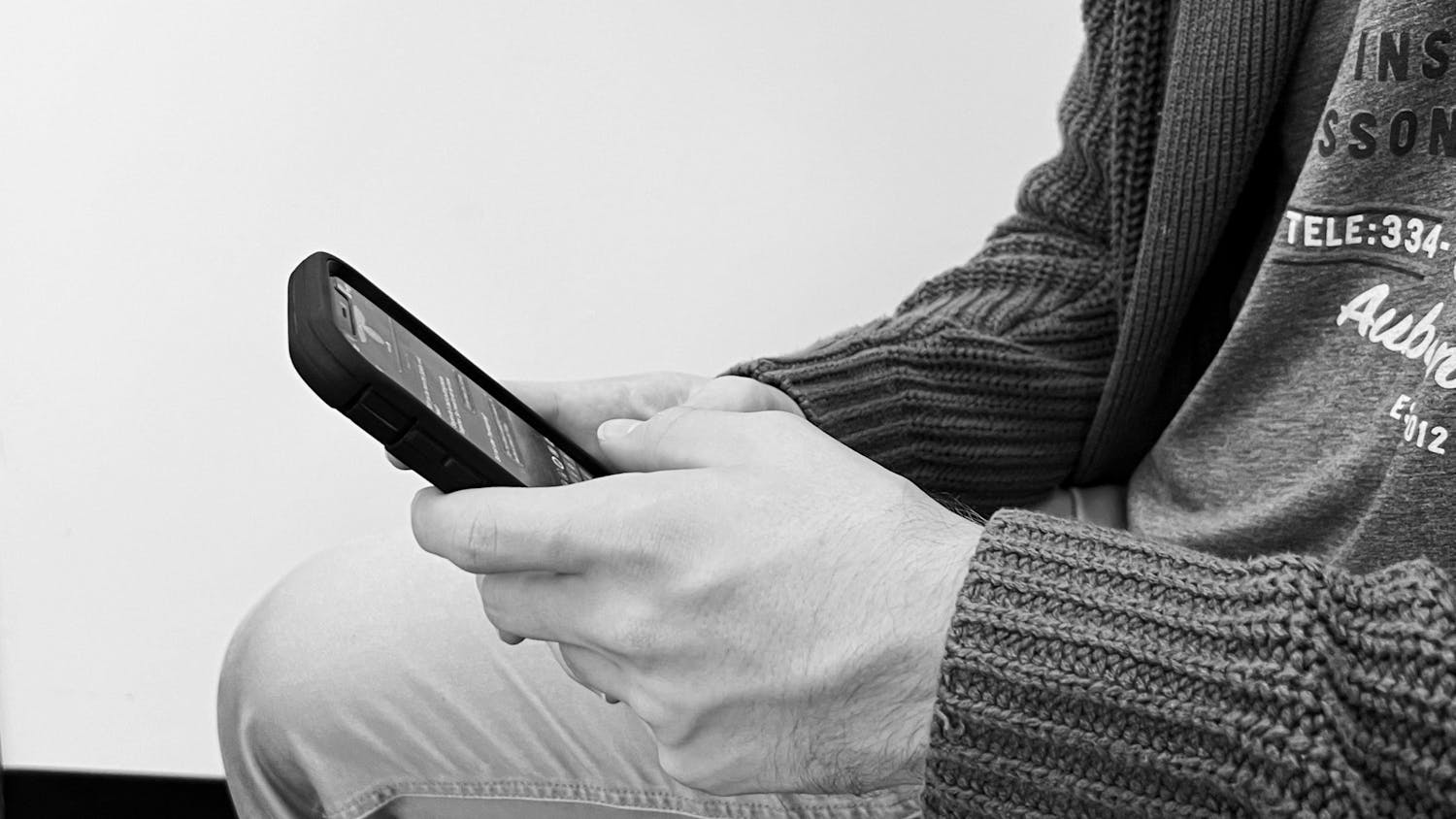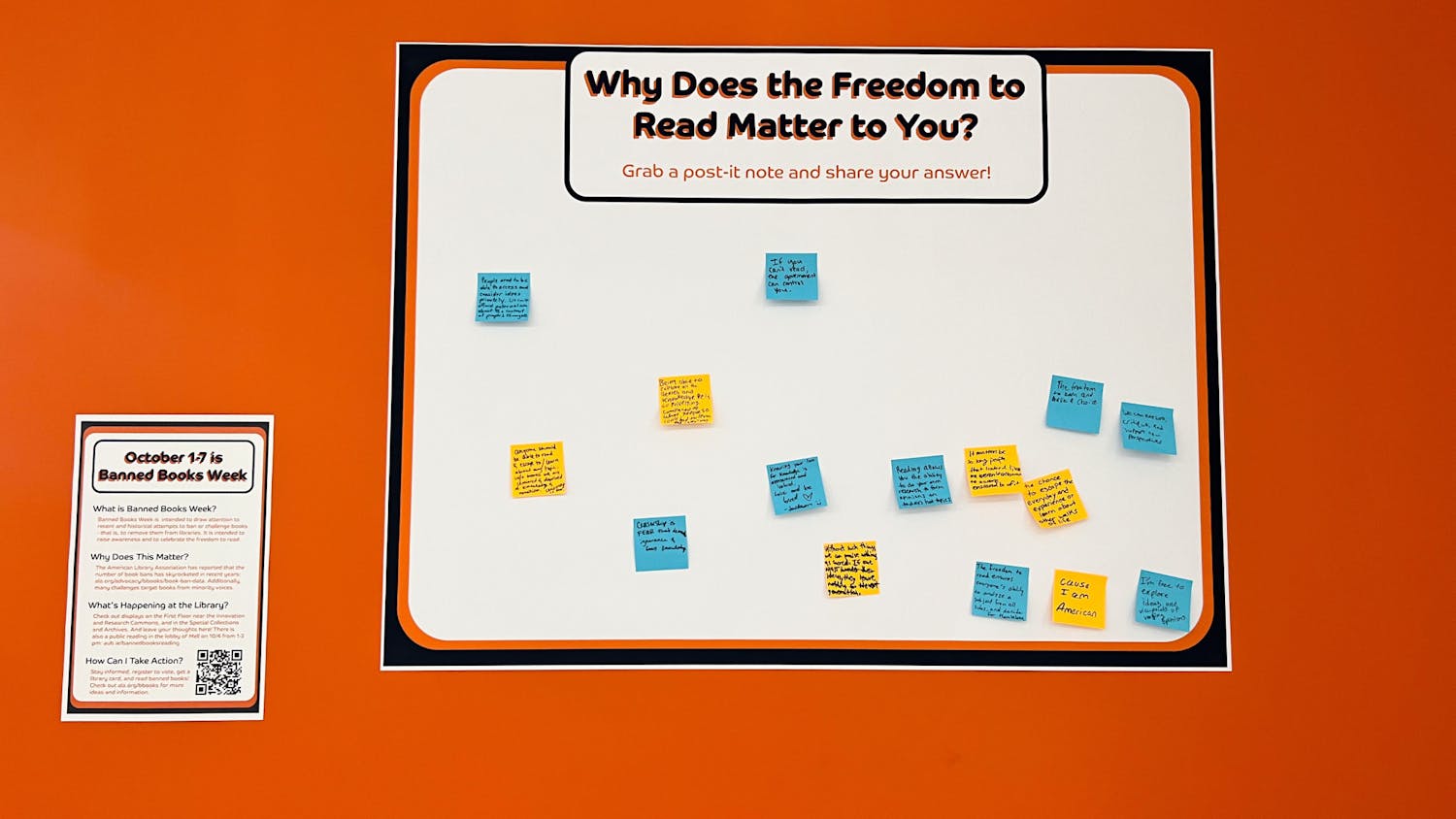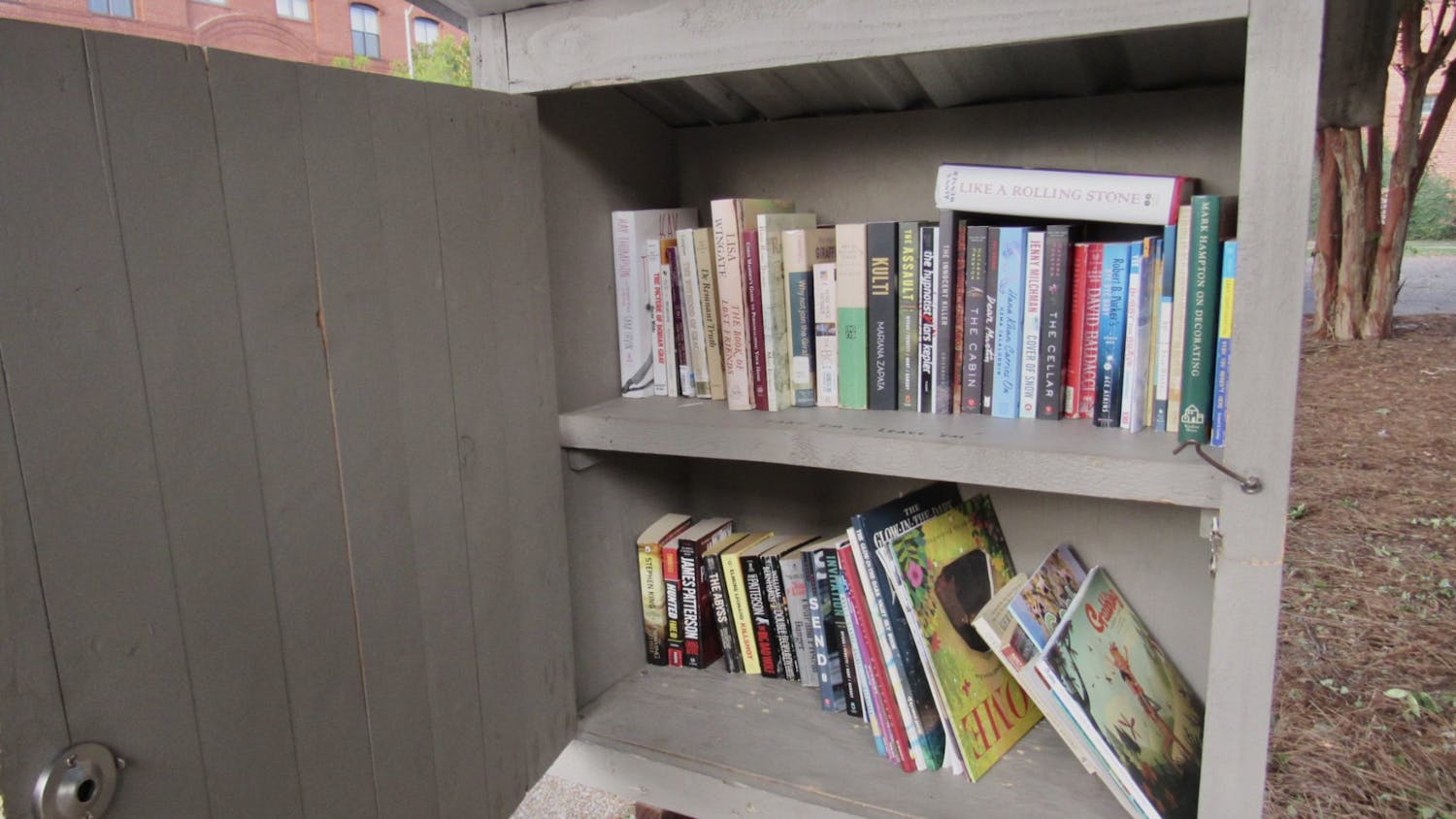Dog-earing pages may soon be superfluous as books and newspapers turn digital and pages are turned with the push of a button.
Amazon's Kindle, a portable digital reading device, allows readers to switch from books to newspapers to magazines as quickly as a reader could turn the page of a hard copy.
Kinley Campbell, a representative from Amazon, explained how users can purchase publications with Kindle.
"Each book is purchased directly from Amazon through the device or through the Web site," Campbell said. "Books are delivered wirelessly via Amazon Whispernet. Newspapers, magazines and blogs are available via subscription."
According to its Web site, Kindle is as thin as a pencil at one-third of an inch and can hold nearly 1,500 books. The newest version, Kindle DX, is larger in size and capacity holding 3,500 books.
Amazon also provides free wireless Internet to purchase a new book or periodical without the frustration of finding a wireless network.
The Web site also explains that books purchased at the Kindle Store are backed up on the Web for re-downloading allowing users to alternate books in their library.
Despite the numerous resources at Kindle-users' fingertips, this digital application has some readers completely opposed to the idea.
"I just feel like it's unnecessary," said Caitlin Lassiter, a senior in biomedical sciences. "I like to physically pick up my books and read them. I like highlighting and writing notes and stuff, and when you think about something that you liked and want to read again, it's right there on your shelf."
Campbell said users still have the option of highlighting and making annotations on their Kindle just as readers can write in a hard copy.
Kindle also offers a text-to-speech application for electronic books to be read aloud.
This automated library-in-one provides other features to make book-reading easier.
The device can also hold MP3 files for users to listen to music.
Kindle is compatible with other media gadgets.
According to its Web site, books on a user's Kindle can be synchronized to an iPhone or an iPod touch.
Blair Stapp, a senior in graphic design, said she is unsure of this next step toward digitalizing writings.
"I love that we're saving resources by creating an electronic alternative, and I love that this technology is going against the whole idea that technology is ruining great literature," Stapp said. "However, I am still pretty skeptical of the Kindle. I understand that it is more about convenience and instant gratification, but when I sit down to read a great book I'm not worried about speed or efficiency."
Do you like this story? The Plainsman doesn't accept money from tuition or student fees, and we don't charge a subscription fee. But you can donate to support The Plainsman.




